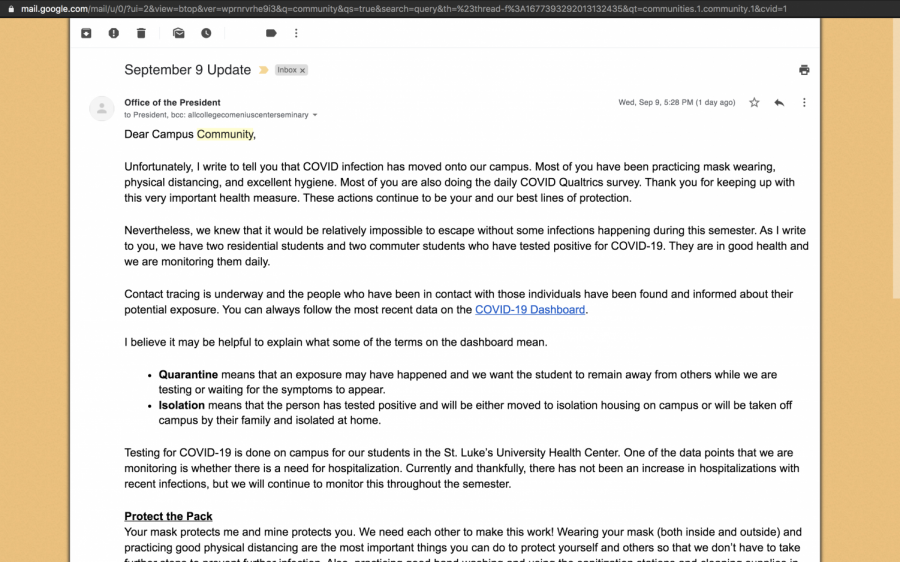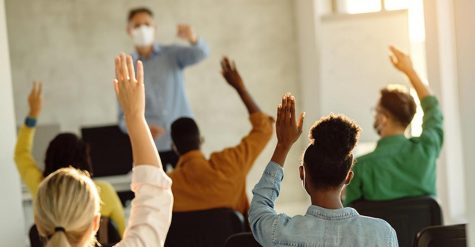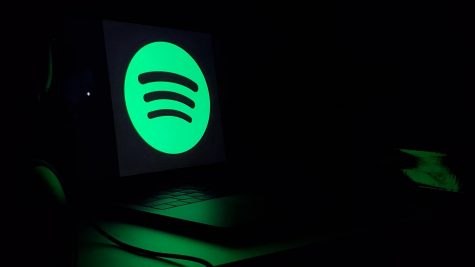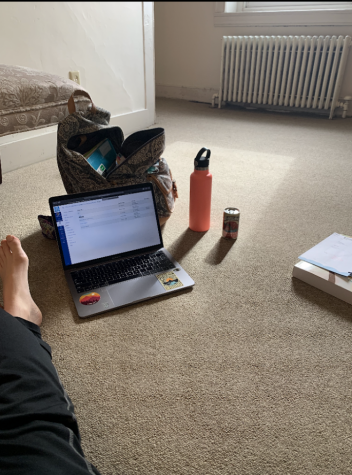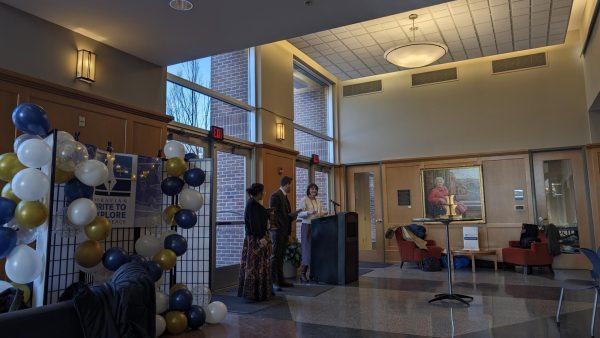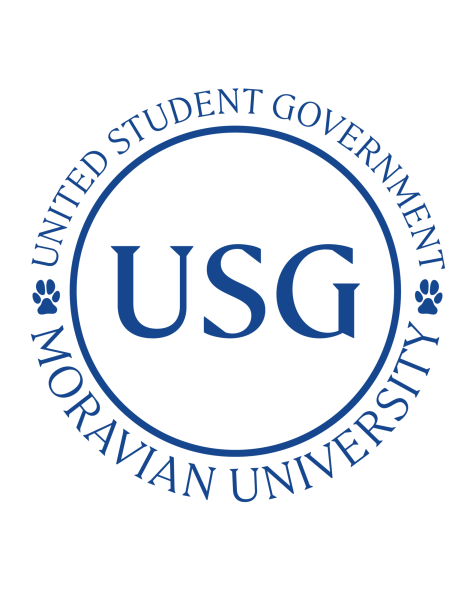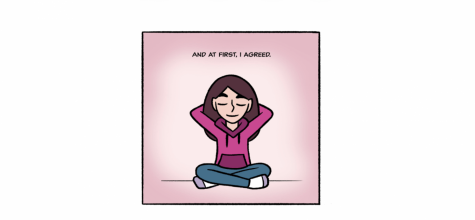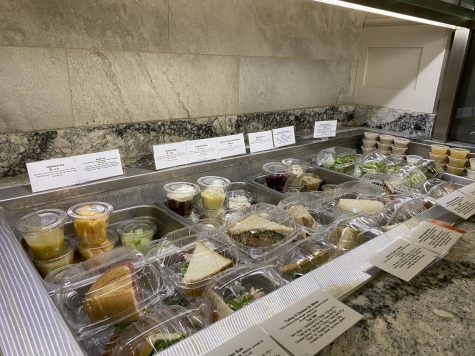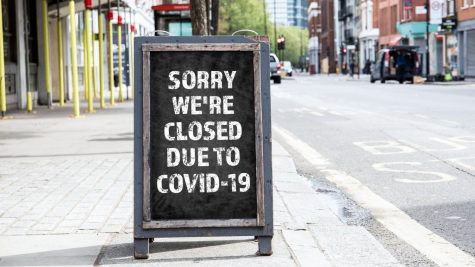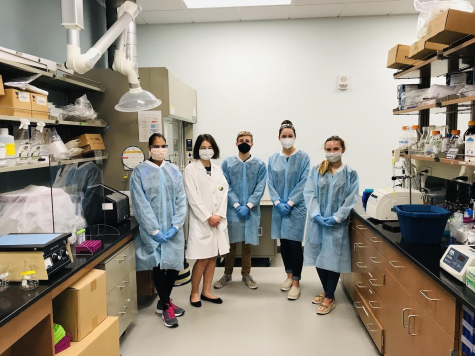Moravian officially has its first Covid-19 case of fall semester; President urges students to stay on campus
The inevitable has struck: the Moravian College community has its first case of Covid-19 on campus for the fall 2020 semester. As of Sept. 10, the number of positive cases stands at 4.
Now that we are here, what now?
Many other colleges in the area responded to their cases of Covid by shutting down residential life and returning to all online courses, while others are trying their best to manage the cases and continue life as normal.
What does Moravian intend to do?
Thankfully, the administration has thought through this process carefully, and they have made it clear to students that the College is going to remain open and functioning as a normal (albeit safe) place until the state government steps in to close us down or we are required to tighten restrictions.
So how are we currently dealing with the beginning number of cases?
The first thing that the College has done is ensure that those students who are ill are either in isolation in special on-campus rooms or in isolation at home. The Health Center has already conducted contact tracing and has notified any students and staff who should now quarantine due to possible exposure.
One question that many students are asking is what is the difference between isolation and quarantine? How do you know if you have to be in one or the other?
President Grigsby addressed this in an all-campus email addressing the first positive cases. He writes, “Quarantine means that an exposure may have happened and we want the student to remain away from others while we are testing or waiting for the symptoms to appear. Isolation means that the person has tested positive and will be either moved to isolation housing on campus or will be taken off campus by their family and isolated at home.”
In the same message, President Grigsby urged all residential students to remain on campus as much as possible to alleviate the risk of spreading our cases to our families at home. “I want to also remind you that moving from campus to your house, or to off-campus events,” he wrote, “puts everyone at greater risk. I also know that many students went home this Labor Day weekend, but I ask you to consider not going home, unless absolutely necessary, as it puts your parents, possibly your grandparents, and your community at increased risk. Public health authorities agree that the best thing that can happen for college students is for them to remain on campus through Thanksgiving and practice appropriate protective measures. Please reconsider that trip home so that everyone can be safer.”
Also, it is once again important to reevaluate the tiered reopening plan and the residence hall phase guidelines. We are currently operating in Tier 2 and in Phase A.
With the new Covid cases, we will likely remain in Phase A for residence halls, as moving out this phase allows for more residential freedoms among students and therefore low Covid numbers.
However, we can move out of Tier 2 if the numbers continue to rise, which would mean moving to all online classes, take-out dining only, and all campus buildings besides residence halls are closed.
While the number of cases that the school has decided is the threshold between Tier 2 and the more restrictive Tier 3, there has been no discussion yet of moving out of our current tier. Therefore there likely needs to be a large spike in numbers to warrant moving out of our current tier.
Now the question begs: what do you do if you feel ill?
If you feel ill in any way, you are expected to log it on your daily symptom questionnaire. If you check that you are experiencing any symptoms of Covid, you will be asked to stay in quarantine in your room until you can either be tested for Covid or evaluated by the Health Center, who will reach out directly to you about further care and testing.
And then what if you actually have Covid?
If you do find out that you are positive for Coronavirus, notify the Health Center immediately if they are not the ones examining you, and be sure to stay isolated in your room and from others until the Health Center gives you explicit instructions about on-campus isolation or at-home isolation.
They will then begin the process of contact tracing, and you will need to remain in isolation until you are well and the contagious period has passed. You will receive meals daily and attend all classes online if you are asymptomatic, but the Health Center can help you talk to your professors about making up work if you are ill.
All questions and concerns should be directed to the Health Center at 610.861.1567 or [email protected].


